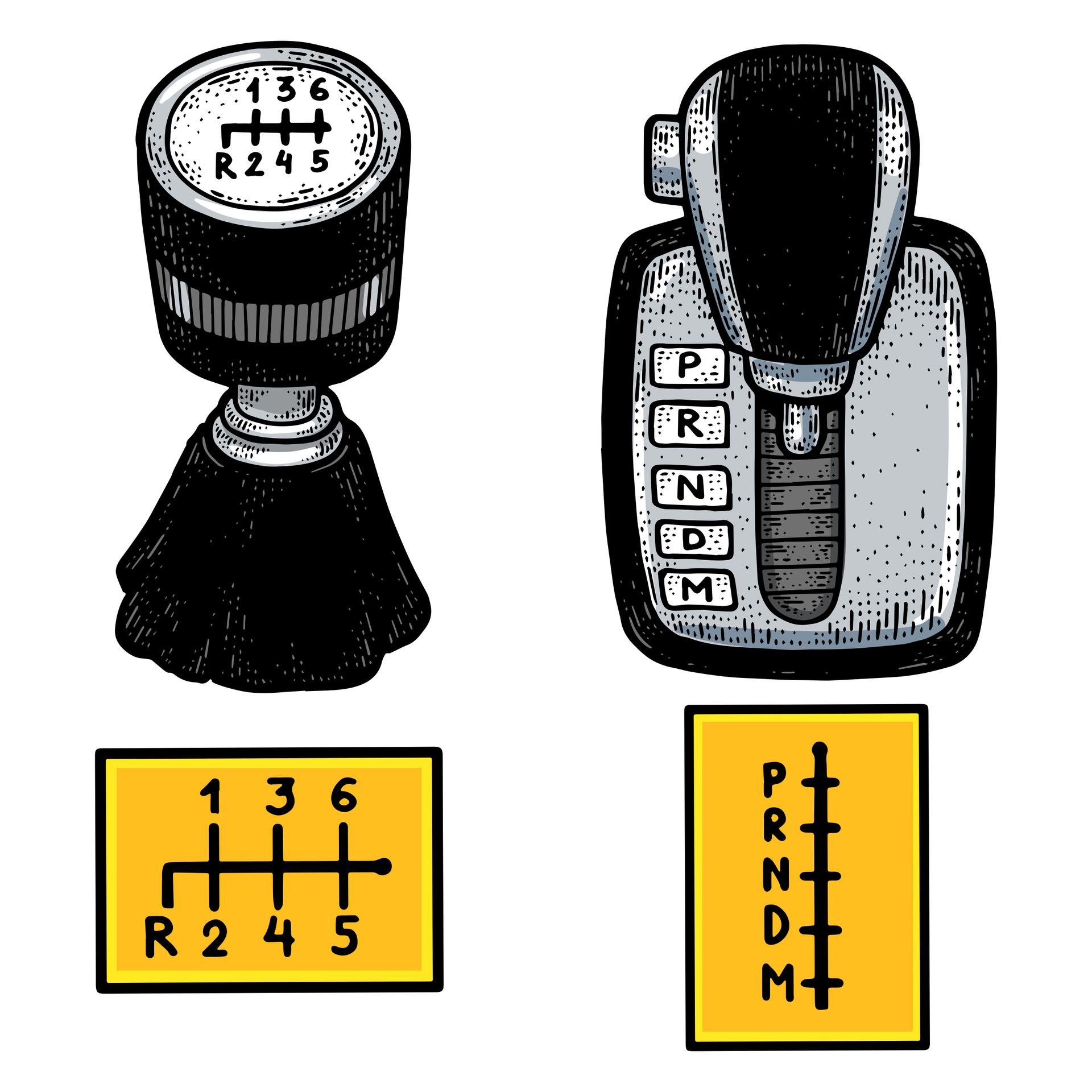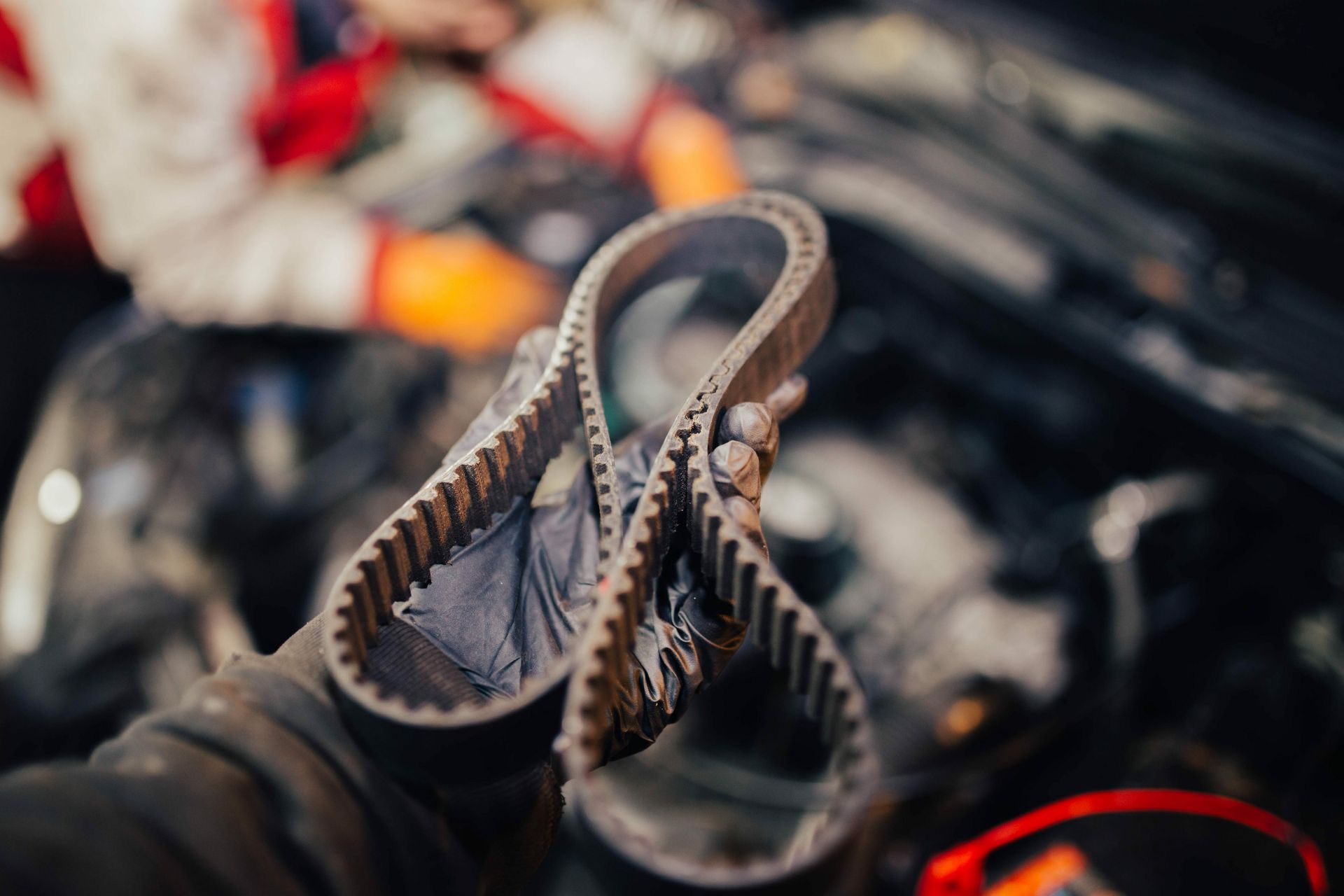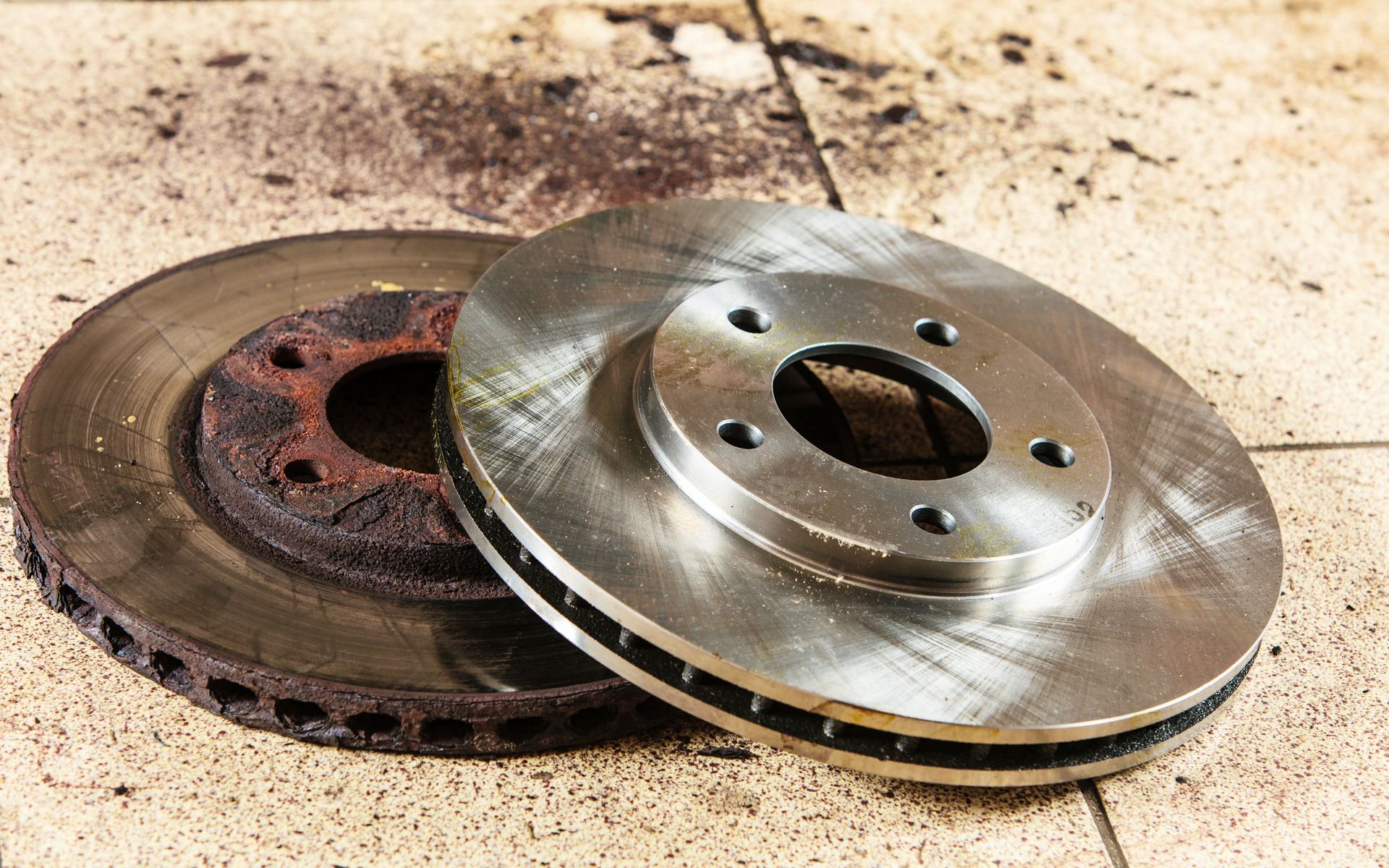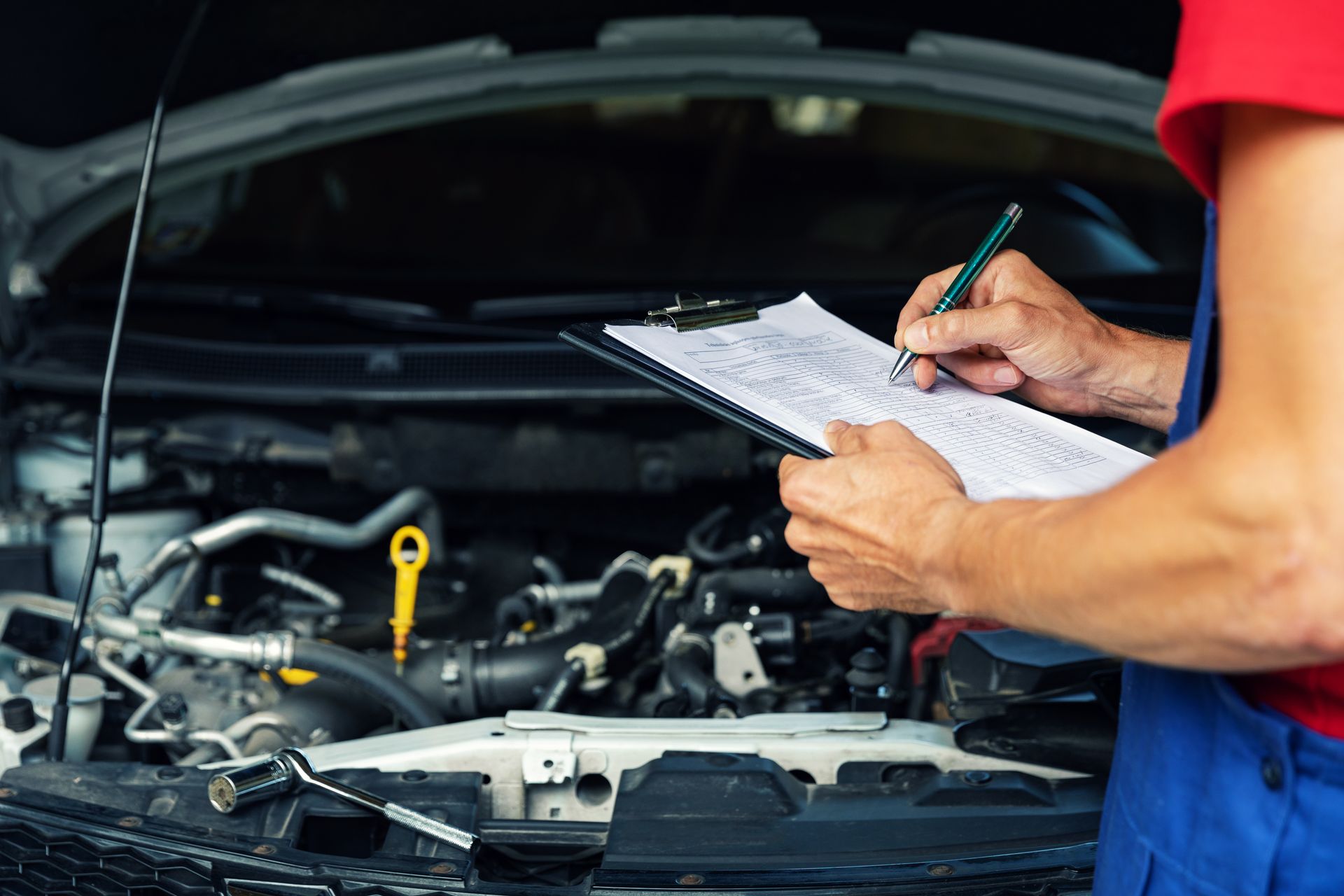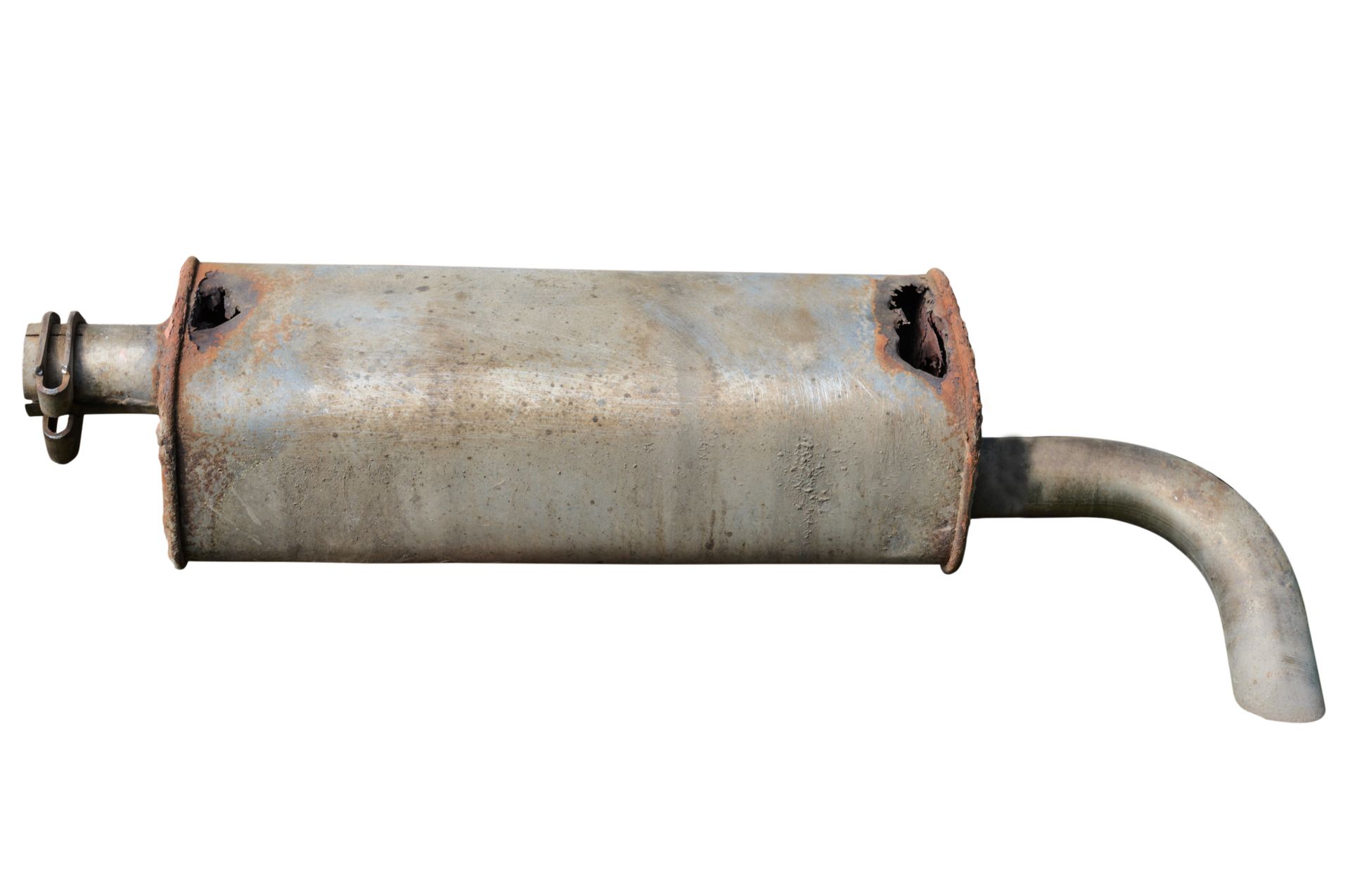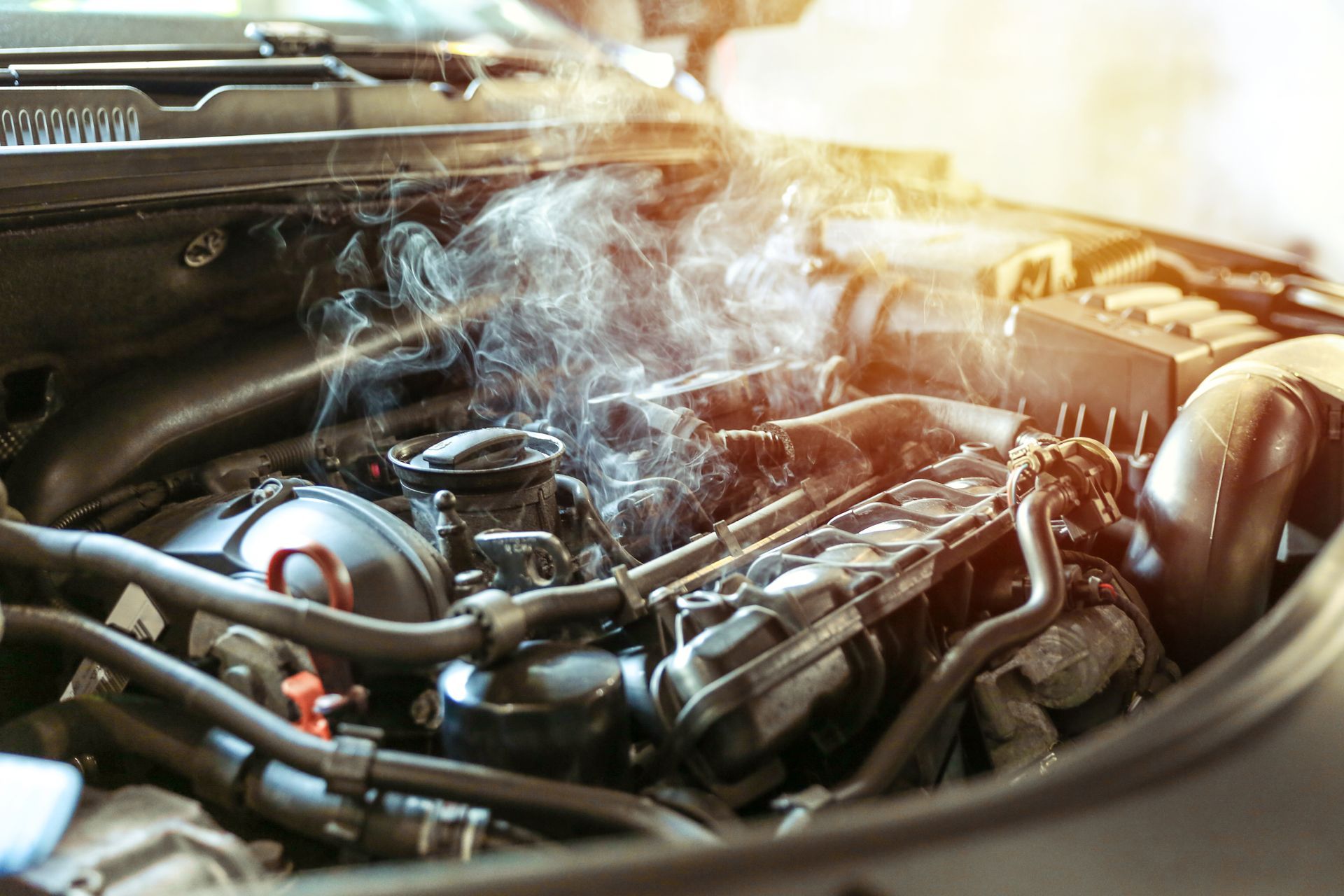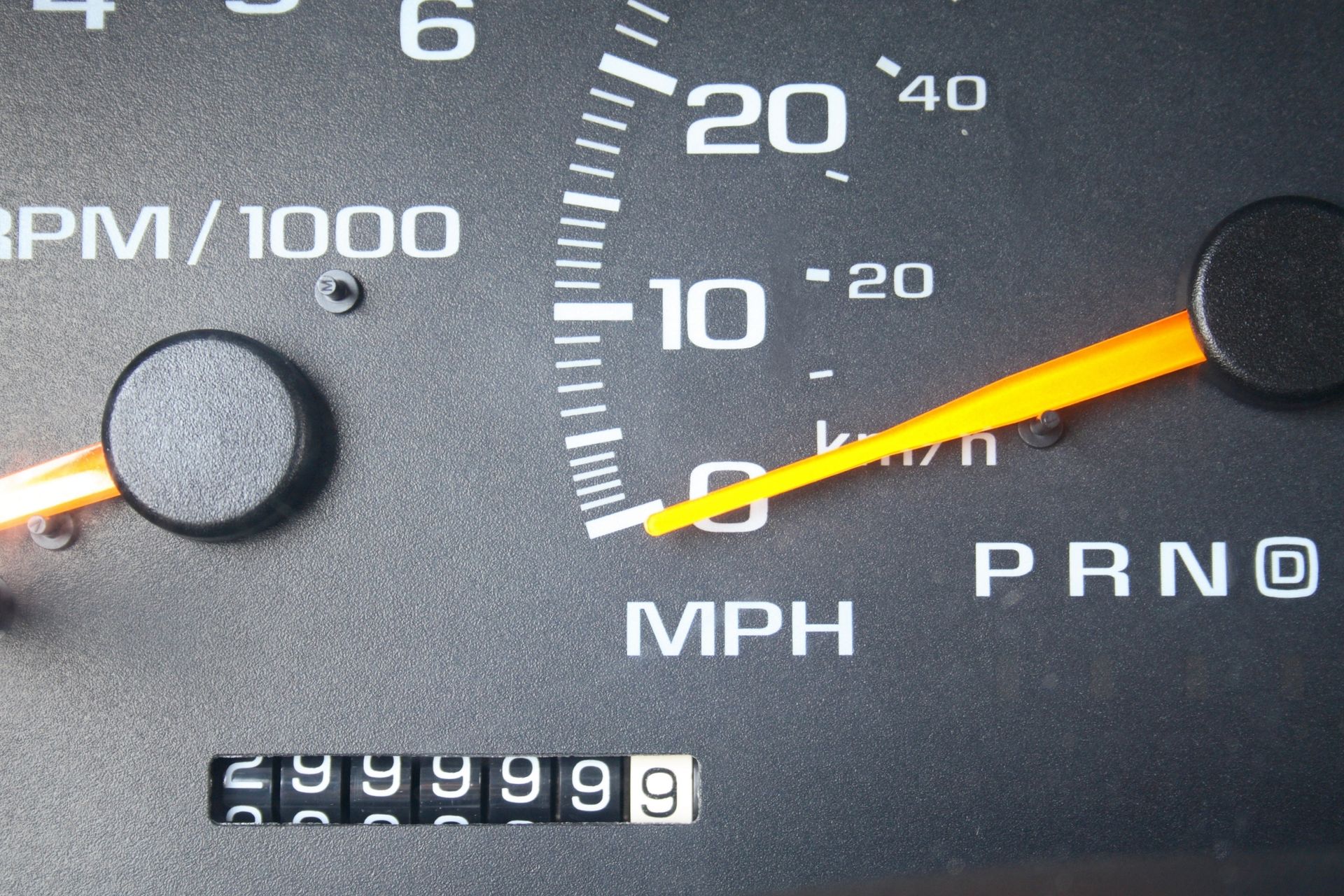Every driver has their own way of handling a vehicle, but not everyone realizes how much their habits affect their car’s longevity and safety. Some behaviors lead to premature wear and tear, while others put both the driver and passengers at greater risk. Over time, even minor bad habits can add up, resulting in costly repairs, reduced performance, and potential safety hazards. Whether you drive daily for work or just use your car for occasional trips, being mindful of how you handle your vehicle can make a huge difference.
Hard Braking and Rapid Acceleration
Slamming on the brakes and flooring the gas pedal might feel necessary in certain situations, but doing it frequently wears out critical components much faster.
Braking too hard puts excessive strain on your brake pads and rotors, leading to premature wear and potential overheating. Worn-out brakes compromise stopping power, increasing the risk of an accident.
Rapid acceleration forces the engine and transmission to work harder than necessary, reducing fuel efficiency and putting extra stress on the drivetrain.
A better approach? Maintain a steady driving pace and anticipate stops in advance. This not only helps your car last longer but also improves fuel economy and creates a safer ride for everyone.
Riding the Brakes on Downhills
When driving down an incline, it’s tempting to keep your foot on the brake to control speed. However, constant braking generates excess heat, which can warp rotors and cause brake fade—reducing braking effectiveness when you need it most.
Instead of riding the brakes, downshift to a lower gear if you have a manual transmission or use engine braking in an automatic. This technique slows the vehicle naturally, reducing strain on the brakes and giving you better control.
Ignoring Potholes and Speed Bumps
Rough roads are sometimes unavoidable, but how you handle them can determine how long your suspension and tires last.
Hitting potholes at high speed can bend rims, damage suspension components, and even cause tire blowouts.
Taking speed bumps too aggressively puts unnecessary stress on your shocks and struts, leading to long-term alignment issues.
When driving on rough roads, slow down and steer carefully to avoid unnecessary damage. Keeping your tires properly inflated also helps absorb impacts better and protects the suspension system.
Driving with Low Tire Pressure
Tire pressure isn’t something most drivers think about daily, but it plays a crucial role in both safety and vehicle wear. Underinflated tires reduce traction, increase rolling resistance, and cause uneven wear—leading to more frequent replacements.
Beyond wear and tear, low tire pressure also impacts handling and braking distance. A car with poorly inflated tires takes longer to stop and is harder to control, especially in wet or slippery conditions. Checking your tire pressure at least once a month and inflating them to the manufacturer’s recommended level can prevent unnecessary damage and improve fuel efficiency.
Overloading Your Vehicle
Cars and trucks are designed to carry a specific weight, and exceeding that limit puts strain on nearly every system. Overloading causes:
- Suspension wear – Extra weight compresses the shocks and struts, leading to premature failure.
- Brake stress – More weight means longer stopping distances and increased wear on braking components.
- Transmission strain – Heavy loads force the transmission to work harder, which can lead to overheating and premature failure.
If you frequently haul heavy loads, check your vehicle’s weight capacity and avoid exceeding it. Using a trailer when necessary and distributing weight evenly inside the vehicle can prevent long-term damage.
Short Trips and Frequent Cold Starts
Starting your car multiple times a day for short drives might not seem like a big deal, but it actually puts extra strain on the engine. Cold starts require more fuel, and short trips don’t allow the engine to reach optimal operating temperatures. This leads to:
- Increased oil contamination from unburned fuel
- More carbon buildup in the engine
- Reduced battery life due to repeated starts without long charging periods
To minimize this issue, try to combine errands into one longer trip when possible. This gives the engine enough time to warm up properly and reduces unnecessary strain on key components.
If you drive often in Madison, WI, where winter temperatures can be harsh, letting your car warm up for a minute or two before driving can also help prevent cold-weather-related wear.
How to Extend Your Car’s Lifespan
Good driving habits go a long way, but regular maintenance is just as important. Even if you avoid bad driving behaviors, routine inspections and preventative care are the best ways to ensure your vehicle stays in top shape.
- Change oil and fluids on schedule – Fresh oil keeps the engine running efficiently, while clean coolant, brake fluid, and transmission fluid prevent overheating and wear.
- Rotate and balance your tires – Uneven wear can shorten tire lifespan and affect handling.
- Get regular brake inspections – Worn-out brakes are a safety risk and can lead to more expensive repairs if ignored.
- Check suspension and alignment – A misaligned car wears out tires faster and affects fuel efficiency.
Being mindful of how you drive and taking care of your car proactively can save you money in the long run while ensuring a safer, more reliable ride.
If your vehicle is showing signs of wear or you need a professional inspection in Cottage Grove, WI, getting ahead of potential issues can prevent major breakdowns and costly repairs.
From worn-out brakes to misaligned suspensions, everyday driving habits can take a toll on your car.
Grahams Auto & Truck Clinic in Cottage Grove, WI, provides thorough inspections and top-notch repairs. Call now or stop by for expert service!


